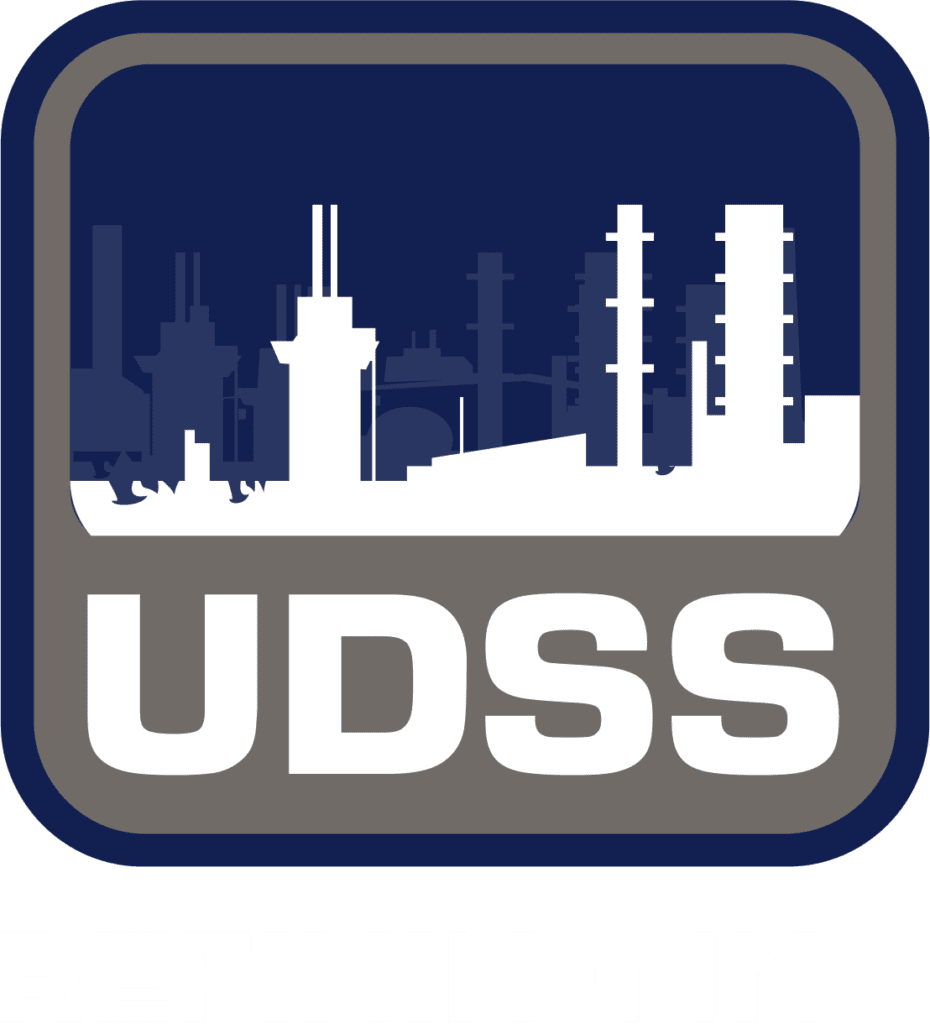

Conversion of a traditional refinery to a smart ecosocial friendly refinery using fossil oil feedstock
The transition to convert a traditional refinery to a smart refinery involves integrating advanced technologies and digital solutions, with the following steps:
-
Implement sensors and networked digital equipment throughout the refinery to capture real-time data from every part of the facility.
-
Establish a centralized control room where all the data from the sensors is aggregated, allowing for real-time monitoring and analysis.
-
Utilize data analytics, artificial intelligence, and machine learning algorithms to analyze the data, predict potential issues, and optimize operations.
-
Use process simulation software to create digital models of the refinery. These models can be used to test changes virtually before implementing them in reality.
-
Create a digital twin, which is a virtual representation of the refinery, to simulate and analyze operations, maintenance, and potential changes.
-
Program the smart refinery system to translate market information into refinery operations, aligning production with market demands and trends.
-
Ensure that the refinery workforce is trained in the new digital tools and technologies, fostering a culture of continuous learning and adaptation.
EMISSION REDUCTION: Implement advanced technologies to capture and reduce greenhouse gas emissions from the refining process.
EFFICIENT USE OF FEEDSTOCK: Optimize refining processes to extract maximum value from every drop of fossil oil, reducing waste.
WATER CONSERVATION: Adopt water-efficient processes and technologies to minimize freshwater consumption and wastewater generation.
TRANSITION TO BIOFUELS: While still using fossil feedstocks, integrate the production of biofuels to reduce the carbon footprint.
COMMUNITY ENGAGEMENT: Foster strong relationships with local communities, addressing concerns and providing support through community development programs.
EMPLOYEE WELFARE: Prioritize safe working conditions, fair wages, and continuous training opportunities.
SUPPLY CHAIN ETHICS: Ensure that suppliers and partners adhere to ethical and sustainable practices
INVESTMENT IN GREEN TECHNOLOGIES: Dedicate resources to research and development of cleaner refining technologies and processes.
DIVERSIFICATION: While maintaining fossil feedstock refining, diversify into renewable energy sectors to ensure long-term economic sustainability.
SUSTAINABILITY REPORTING: Regularly publish detailed reports on environmental and social initiatives, impacts, and progress.
STAKEHOLDER COMMUNICATION: Maintain open communication channels with stakeholders, including investors, regulatory bodies, and the general public.
Transition to smarter operations, result in increased efficiency, reduced costs, and enhanced decision-making

